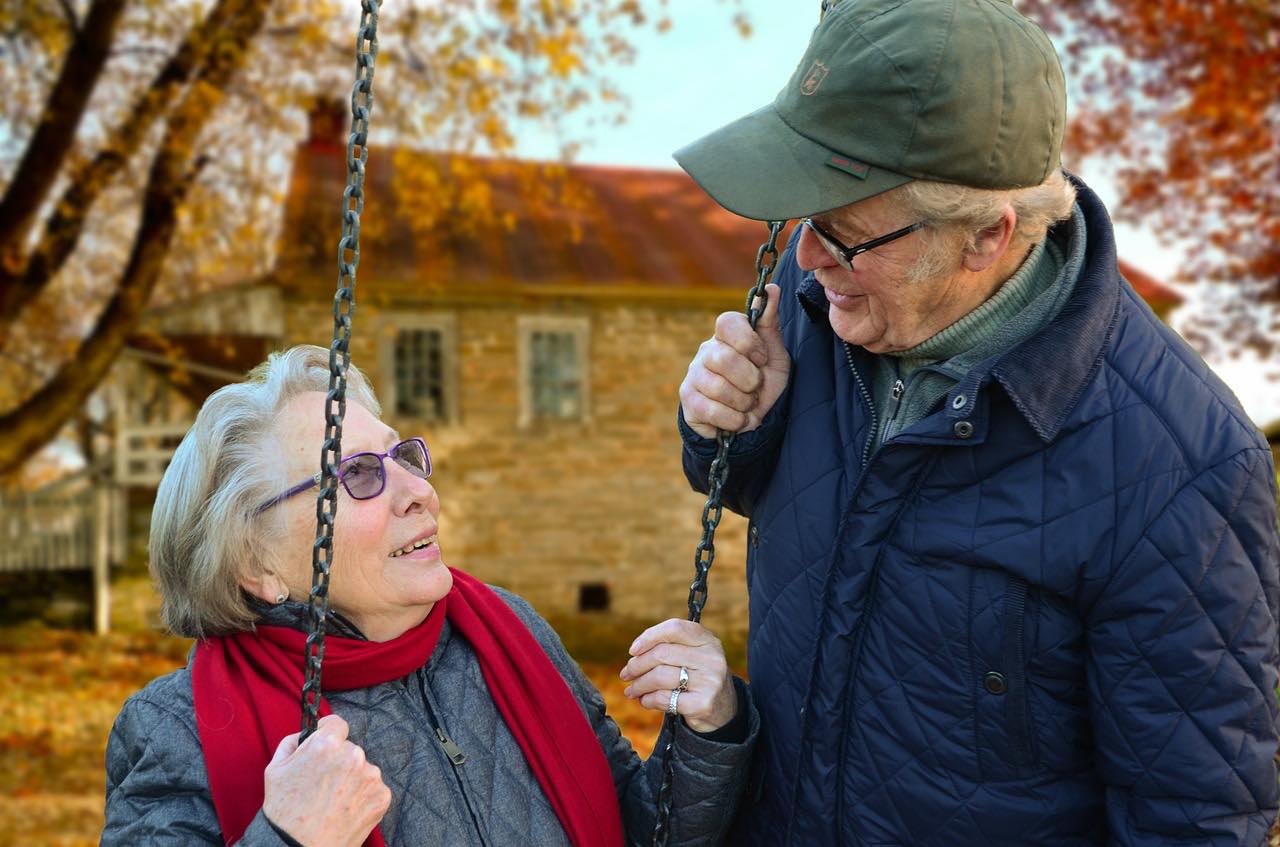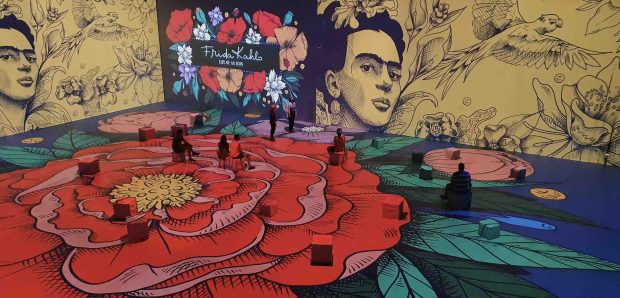Aging is difficult for many people. Adults grow accustomed to independence rather than relying on other people for assistance. Many older adults struggle with feelings of inadequacy when their age, health, or financial circumstances make them dependent on others. After handling their own affairs for decades, this development can be a real blow to their self-esteem.
Fortunately, you can make elderly loved ones feel more empowered by creating an environment where they can maintain as much independence as possible. Here are a few ways you can help beloved elders feel both secure and respected.
Ensure a Safe Living Space
Continuing to live in their own home and do the things they enjoy empowers the elderly and allows them to maintain their dignity. Yet falls and other accidents can imperil that autonomy. For older adults to maintain their independence, they require a safe living space.
While they may have to adjust how they do things, simple changes can make a big difference. A grab bar in the shower could let an aging loved one continue to take care of their own daily hygiene. Removing or securing loose area rugs will prevent the kinds of falls that could lead to broken bones. Consider your elder’s needs and limitations when helping them design a comfortable, safe space. Stairs, cupboard and counter heights, furniture choices, lighting, and access to medications, food, and the bathroom are all things to take into account.
Open communication can make the transition to a safer, more accommodating living space easier. Allow your loved one to have a say in the choices they’ll have to live with every day. For example, they might appreciate a toilet safety rail but loathe a raised seat riser, or vice versa. Consider solutions that will accommodate their lifestyle instead of restricting it.
Encourage Them to Advocate for Themselves
Sadly, older adults are common victims of scams, medical malpractice, and abuse. One way to empower older adults is by letting them know how to get assistance when necessary. Elders who experience mistreatment in residential care facilities, for instance, may require access to nursing home abuse attorneys. Older adults still living at home might need a hand with their personal finances, technology, or transportation to appointments.
Aging adults have the right to fair treatment by medical professionals, friends, family, and the general public. You can help a beloved elder feel empowered by encouraging them to express their concerns and opinions. One of the most important things for older adults is to feel heard.
Sometimes they might require assistance in their self-advocacy. It could be helpful to attend medical or other essential appointments with them to ensure their needs and wants are addressed. Before any appointments, talk with your elderly loved one and keep notes about things they want to discuss. You can promote empowerment by ensuring they have the information they need to make decisions for themselves.
Provide Opportunities to Socialize
Older adults often feel marginalized and ignored. They might be lonely and feel that their opinions are no longer important. Social isolation and loneliness are considered serious public health risks, according to the Centers for Disease Control and Prevention. The CDC estimates that nearly 25% of adults aged 65 and above are socially isolated. This puts them at a higher risk for dementia, stroke, obesity, and other serious health conditions.
While your loved one may feel lonely even when they’re around others, it’s helpful to have social connections and chances to interact. In addition to socializing in community settings, like recreation centers, there’s no substitute for frequent visits with family and friends. Make sure to stop by often and encourage others to do the same.
Your aging loved one might also benefit from a pet, participating in service activities, and/or taking classes. If a beloved elder requires tech assistance so they can stay in contact with friends and family, do what you can to provide it.
Focus on Physical and Mental Activities
Physical activities can become more difficult as people get older. While many aging adults will have physical limitations, making an effort to move is important. You can help your loved one feel more empowered by making it easier to stay active. Simple things like walks around the block, a trip to the grocery store, or a visit to the park can be beneficial.
Older adults might have less mental stimulation, as they no longer work or may be unable to participate in hobbies they once enjoyed. You can empower them by helping them find new sources of mental stimulation through classes, events, and visits. Social events like activities at a local recreation center can encourage socialization and provide mental and physical stimulation.
Research assisted living facilities, senior citizen centers, and local events aimed at older people. Events and activities specifically geared toward the aging population are likely to be more accessible for individuals with varying needs.
Being Autonomous Doesn’t Mean Being Alone
Empowerment means feeling autonomous and more confident in one’s ability to control one’s own life. No part of that requires the person to go it entirely alone, though. When you’re helping older adults maintain their independence, it’s important to remember they may still need assistance and companionship.
Providing meaningful companionship entails a focus on healthy communication. When talking with an older adult, resist the temptation to fill spaces in the conversation. Be patient, as it might take longer for older adults to communicate their thoughts fully.
In any attempts to make communication easier, watch your speech patterns to avoid sounding condescending. Talking in a slightly louder voice might be helpful to your aging loved one, but it can also seem insulting. Still, it’s always important to speak clearly, even if their hearing aids are working just fine. Finally, don’t forget to ask questions and allow space for the answers. Listening to an elder’s stories and perspectives is a great way to build trust.
Every person’s idea of empowerment is unique. Two people could experience the same circumstances with very different feelings. It’s essential to promote open communication and really listen to your elderly loved one to ensure that their particular needs for empowerment are met.







